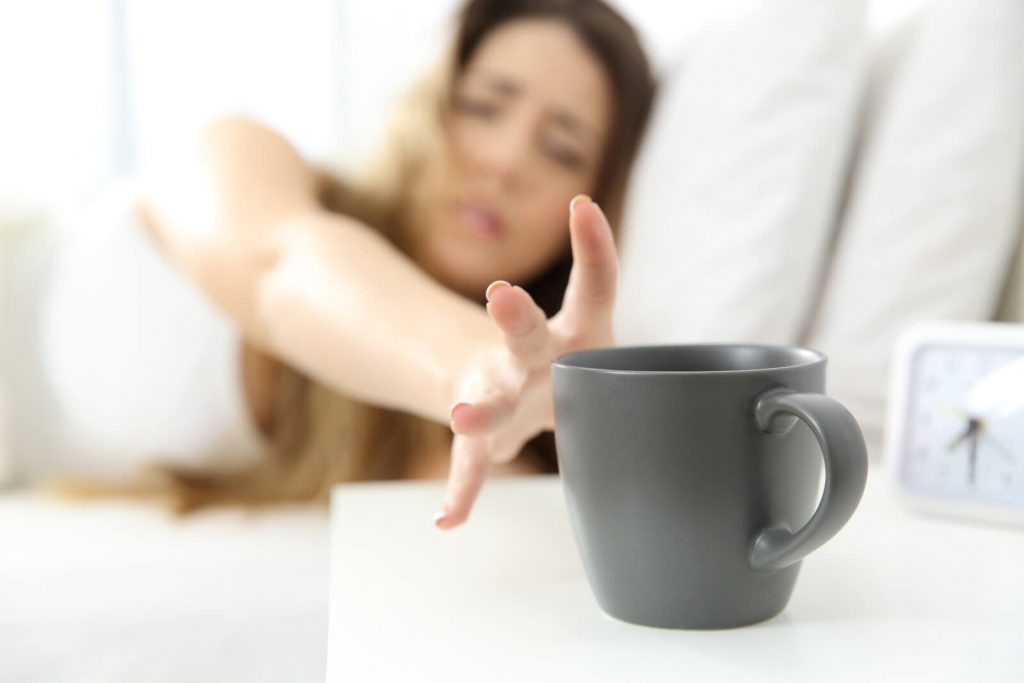Coffee, and by extension caffeine, is pretty awesome. It’s almost like having a great friend there to pep up your day and boost your mood right in your own kitchen each morning!
But, as with other relationships, you need to set some healthy boundaries with coffee, and more specifically, the caffeine in it. Of course, no one is saying to avoid it altogether unless you have health issues or a condition that require you skip the caffeine, but you should consider putting the brakes on it a bit if you’re consuming too much.
The feeling you get from caffeine mainly stems from how it binds to your adenosine receptors in your brain, blocking the droswy effects of adenosine. When you combine this effect with the corresponding boost in dopamine and adrenaline, you’ve got a brain that’s ready to tackle the day.
However, if you regularly consume caffeine, it can cause those receptors to become a lot less sensitive to the effects over a period of time. This means you need more and more caffeine to reach the same state. All of a sudden, your daily coffee goes from one to two to three or more, and the next thing you know, you’re drinking a bucket of espressos just to make it out of bed each morning.
Beyond developing a tolerance, there are some other possible downsides to regularly consuming caffeine. Exposure to high levels of caffeine over time can begin to impact how well you sleep. Generally, you want to stop drinking coffee several hours before bed. If you still have trouble falling or staying asleep, you may need to cut caffeine out altogether. Caffeine can also increase the levels of the stress hormones in your body, and you can develop a dependency on caffeine. This is why you may notice tiredness, sleep issues and headaches if you miss that morning cup (or cups) of joe.
To curb your current caffeine intake, take a simple seven-day break from it. This will give your adenosine receptors the opportunity to reset, which can do wonders for your tolerance to caffeine and its effects. To avoid withdrawal, tamper down your consumption rather than stopping cold turkey. One easy way to do this is cut your caffeine consumption by half incrementally. If you normally drink two cups, drink two cups on day one, one cup on day two, half of a cup of caffeined coffee and half decaf on day three, and so on until you reach no caffeine. By day eight, you’re back in the coffee saddle again, and it will feel like a whole new drink!




